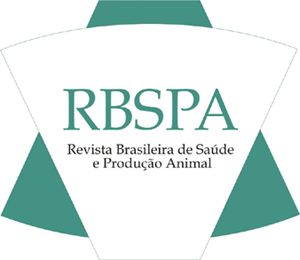One experiment was conducted to evaluate sequences of digestible lysine on the performance and carcass traits of castrated male pigs. Ninety six barrows from two lines selected for meat deposition with initial weight of 23.78±1.07kg were used. The animals were allotted in a completely randomized block design, with a 4 x 2 factorial scheme (four digestible lysine sequences and two lines of pigs), with six replicates and two pigs per experimental unit that was represented by the pen. Treatments corresponded to the following sequences of digestible lysine levels: S1 = 0.80 - 0.70 - 0.60%; S2 = 0.90 - 0.80 - 0.70%; S3 = 1.00 - 0.90 - 0.80%, and S4 = 1.10 - 1.00 - 0.90% provided in the phases of 63 to 103, 104 to 133, and 134 to 163 days old, respectively. There was no interaction between the sequences of lysine and the lines of pigs for any variable of performance and carcass traits assessed. The sequences of digestible lysine did not influence performance parameters (average daily gain, average feed intake, and feed conversion) and carcass traits (backfat thickness, meat amount). The daily lysine intake increased linearly by increasing digestible lysine levels. The sequence of digestible lysine S1 (0.80; 0.70, and 0.60%) meets pig's requirement of both lines of pigs for performance and carcass traits.
amino acid; carcass; genotype; performance
